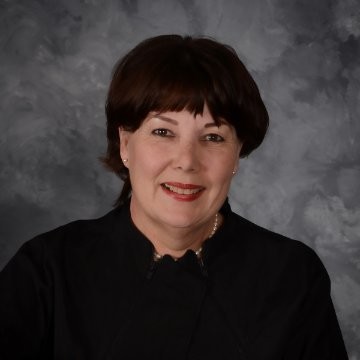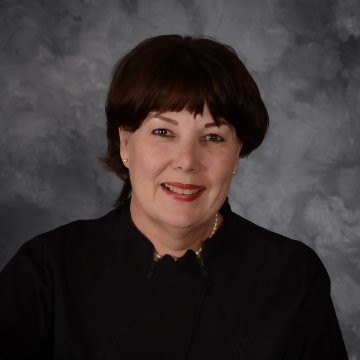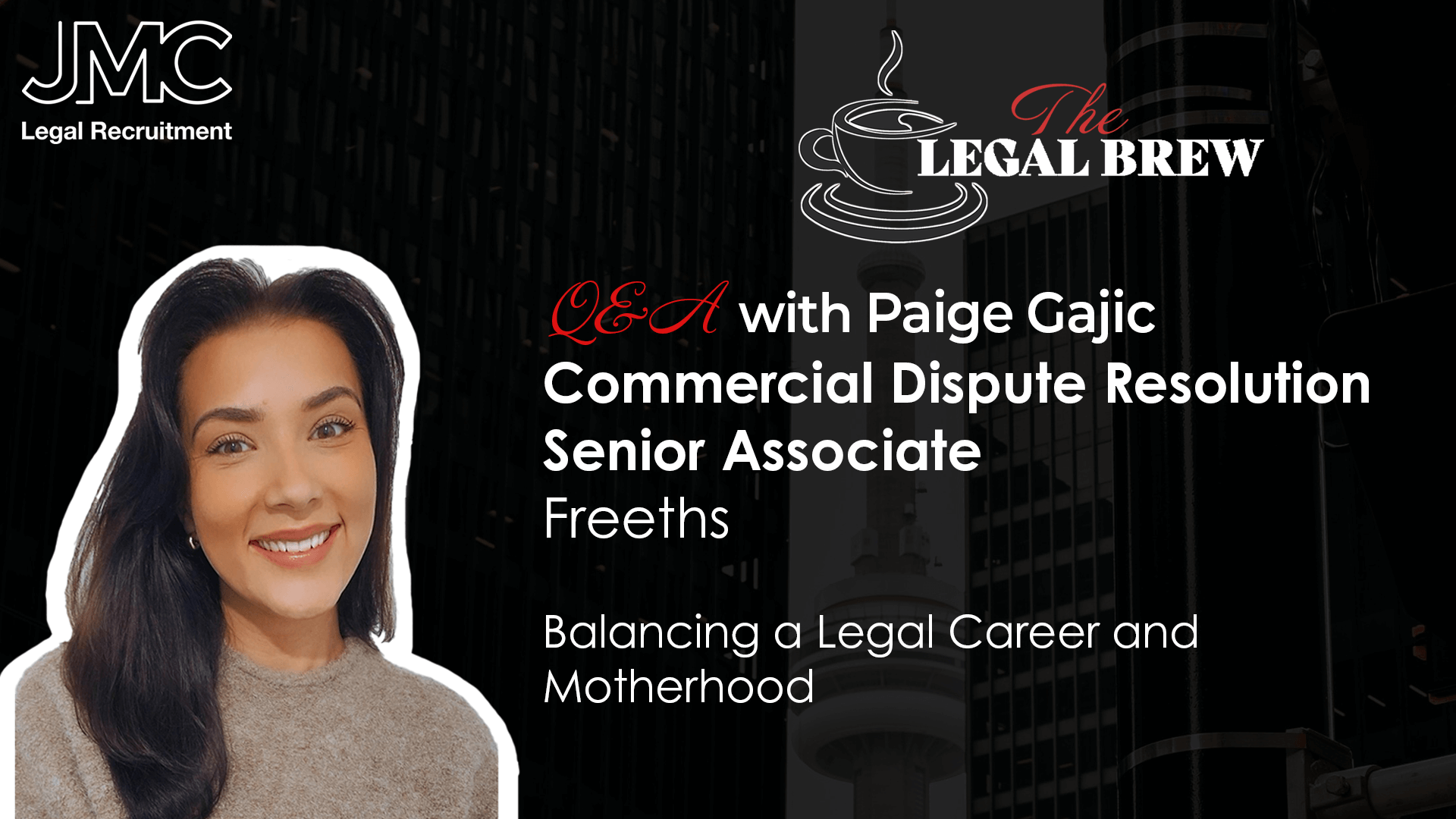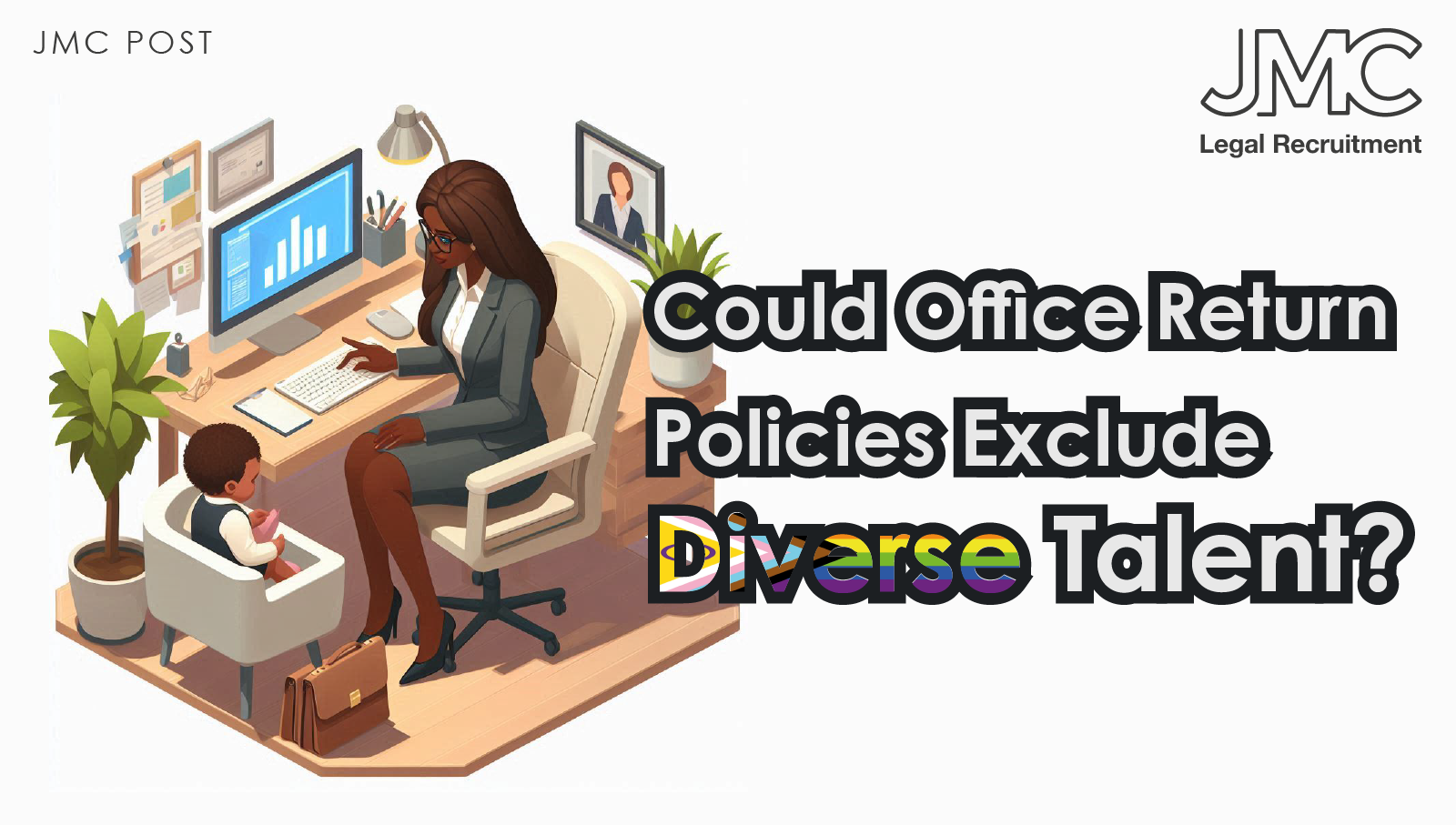
How Law Firms Can Improve Their Recruitment Process
12 Nov, 20246 minutes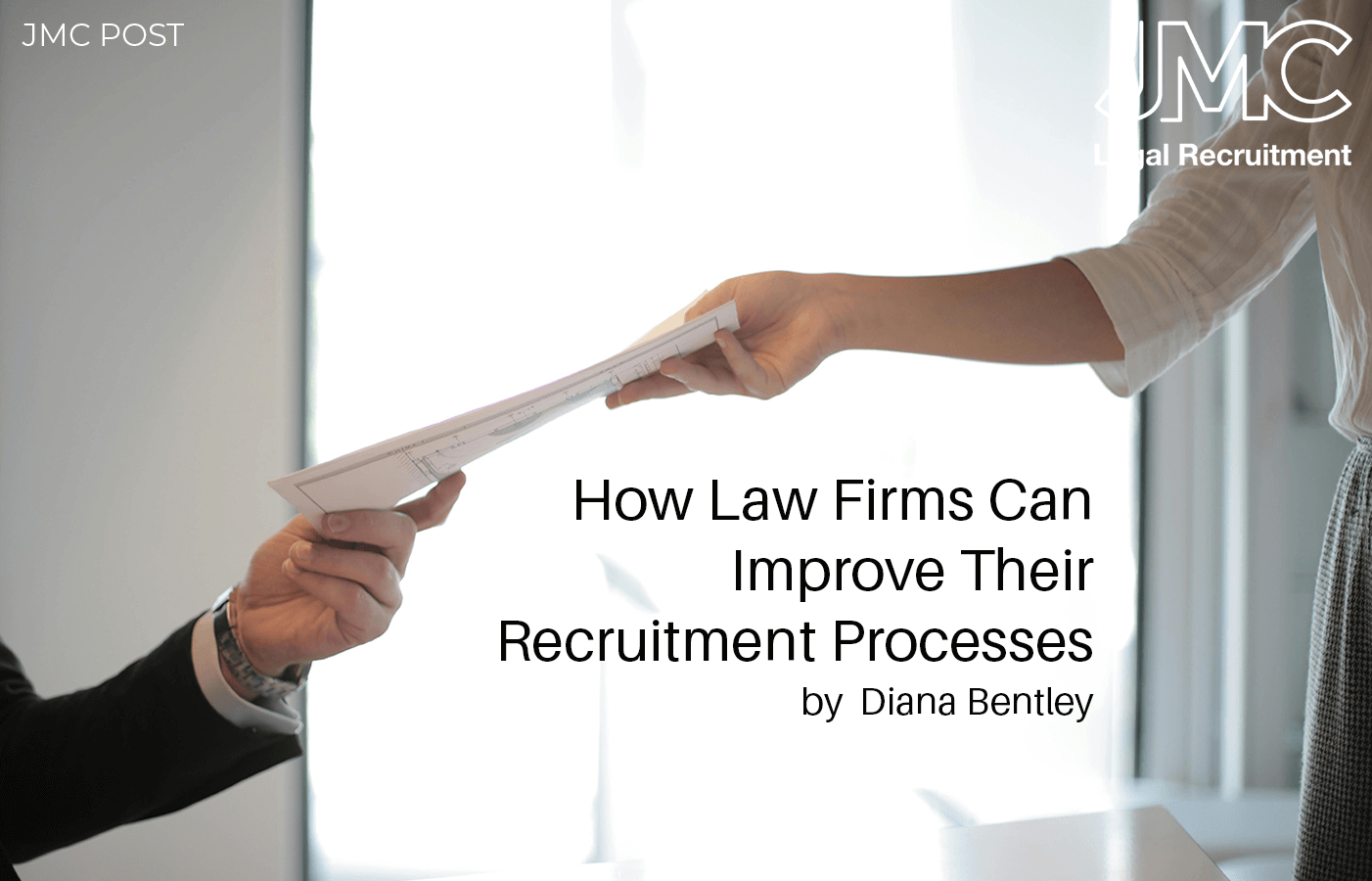
Diana Bentley speaks to legal recruiters about how law firms can improve their interview processes
Interviews are an essential part of recruitment. Given the competition in the legal marketplace, the need for firms to select lawyers who can best help them realise their strategies is greater than ever. Poor interview planning and techniques, however, can lead to poor selections. Additionally, with candidates in shorter supply, the balance in the interview process has altered, and firms must strive to present themselves in the best possible light. So, how can you ensure that your interview processes are effective?
Preparation
How interviews are structured needs careful consideration, says Claire McCartney, policy and practice manager at the Chartered Institute of Personnel and Development (CIPD). “It’s vital to prepare the interview process well. This is the employer’s chance to sell the benefits of their organisation and hire the most suitable candidate.” Firms should start with a thorough review of a candidate’s CV, then formulate the questions they’ll ask and what they’ll say about the role, the team and the firm’s culture. Most firms now conduct two interviews for a role (and possibly more for more senior positions), says Jason Connolly, founder and chief executive officer of JMC Legal Recruitment. “Usually, the first interview is a general discussion and a chance for the parties to talk through the candidate’s CVs and get to know each other, while the second is a more in-depth meeting.”
A key consideration is the composition of the interviewing team. Connolly says that it’s common for firms to have people who aren’t partners or lawyers included on the panel; and having someone like a human resources executive who is experienced in interviewing can provide consistency, too. Moreover, according to the CIPD, having several interviewers in the same meeting has been shown to lead to fairer and more accurate results than having multiple interviews with only one person. Since the COVID-19 pandemic, online interviews have become commonplace. “Many candidates want the flexibility of attending interviews online, particularly if there will be more than one interview,” say Victoria Gerezdi, JMW Solicitors’ director of human resources, and Claire Carlo, its recruitment manager. “Typically, we’re happy to do the first interview remotely, but we like to make a more personal connection before making a decision about an appointment. Face-to face interviews are really important, as both sides get a much truer reflection of each other.”
Preparation for interviews at Kingsley Napley is led by Natalie Slater, head of talent attraction and recruitment, or one of her colleagues. Slater and the hiring manager start by defining the role. “We look at why the position has become available, what skills and attributes are required and how the role will fit with the department’s strategy. Then, we look at what will be exciting about the position, how we can sell it to an external audience and how it could be challenging. We want to get an authentic picture of the role; this all feeds into the job description and interview questions.”
The firm’s interviewing panel is usually made up of two or three people (ideally no more). Slater says: “There will always be a representative from the recruitment or people and culture team. We also look at who the candidate’s internal clients or team members will be.” The panel meets before the first interview to discuss its structure and shape “robust questions” that will tease out the candidate’s skill set and potential, she adds.
Typically, the first interview is conducted remotely via Teams, for speed and ease, with the second taking place in the office (if possible). Slater leads the interview and says she is careful to set a friendly tone: “Interviews can be daunting, even for senior people. We stress that it’s a two-way conversation.” She starts by telling the candidate what to expect in the interview, but the firm tries to be flexible. Candidates can ask questions during the interview or at the end; but if they want to ask questions beforehand, that can also be accommodated. “We try to keep interviews to an hour and leave about 15 minutes at the end for candidates to ask questions. We also explain the next steps in the process,” Slater says.
At JMW, the recruitment team liaises with the hiring manager to agree on the best interview process for each role. Generally, a senior member of the hiring team or someone from a related team is involved. “We only have a few people on the panel. You have to think of how it feels for the candidate,” advise Gerezdi and Carlo. Non-legal input is helpful in getting a rounded view of the candidate, so panels can also include niche specialists.
They stress that JMW’s interviewing methods can change, as they always look for ways to improve and update the process. Traditionally, many interviews were quite unstructured and based on an informal discussion with no standard assessment. Now, more of the firm’s teams use a format for many of the roles they recruit for, to help make the assessment process more consistent, although they stress that this is not a rigid framework and does allow for personal interaction. The recruitment team offers training to anyone who is or may become involved in recruitment to share the latest knowledge on interviewing best practice, what’s happening in the market and with competitors, and the legal obligations.
Competency interviewing
Often, a candidate’s academic record and practical experience form the first part of a job specification. But for some firms a candidate’s potential can be best explored in an interview. JMW views academic achievement as only one relevant factor in a candidate’s assessment. “We aim to offer clients very pragmatic advice, so we’re not just looking for people with the best academic results and technical knowledge; we’re looking for people who really understand our clients’ needs. Exam results alone won’t tell you that,” stress Gerezdi and Carlo.
Kingsley Napley used to insist that its lawyers have a minimum of a 2:1 degree, but it too has changed its mindset, admits Slater, who reports that the firm now focuses on the overall suitability of the candidate.
For this reason, competency – or skills-based questions – have become a central part of interviewing. “Interviews focus more on assessing the candidate’s character and personality, not just determining if they have the right skills. It’s here that the right questions really need to be asked,” says Connolly. Human resources professionals and recruitment agents can be a good help with this, as they are often experienced in determining personality traits.
Psychometric testing, though, has not been widely embraced by the legal profession, Connolly reports: “Bigger firms may use this, but others have stepped away from it, as candidates usually aren’t keen on it.” Gemma Jones, director of eNL Legal, has also witnessed a significant shift towards viewing academic achievement as a tickbox exercise, and the growing importance of assessing practical and personal skills in the interview, which can be a more difficult exercise.
Kingsley Napley formulates competency questions around several key areas. “Teamwork is a core value here, regardless of seniority. People must be able to listen and be respectful, so we ask questions that might tease out whether the candidate has those qualities. We also have a series of questions about client care, so we ask questions about handling pressure, showing resilience and managing clients. We might ask candidates how they go about developing client relationships or how they’ve dealt with a challenging situation with a client,” Slater explains.
Drive and ambition are more subjective concepts. “We don’t have set career paths. We don’t ask where do you see yourself in five years. We focus on what motivates a candidate and what they find rewarding. Sometimes, simple questions are the most useful.” The firm uses case studies or exercises as part of the second-stage interview, which can be done before or during the interview. If the position is more senior, this can be done in advance, as more time may be required.
JMW asks competency-based questions tailored to the specifics of the role and based, usually, on information in the candidate’s CV. For more junior candidates with limited work experience, the firm may ask for examples from their time at school or experiences through extracurricular activities.
Questions are also shaped to assess not only a candidate’s practical experience, but also their potential ability to deal with new or challenging situations. As Gerezdi and Carlo point out: “Candidates rarely apply for a job that they already do 100%. Often, they’re looking for a step up and a chance to develop new skills. So, we ask questions that help them demonstrate their approach to learning, to see how much research they’ve done about the role, and how they understand their strengths and weaknesses in relation to their experience and the role.”
The panel may discuss the candidate’s reasons for applying, look at what pro bono work or self-led study they’ve done to help them to progress, or organisations they’ve been involved in and what makes them feel motivated at work. Some of the same questions may be asked about the key aspects of the role, so the panel can make a fair comparison while allowing for natural conversation. Like Slater, Gerezdi and Carlo believe that candidates can show ambition in many ways – by providing instances of going the extra mile, seeking ways to enhance and update their skills and discussing what they do outside work. JMW, too, may ask questions in advance of an interview and ask candidates to make a short presentation (with proper notice).
This shift in emphasis, it appears, has all been for the good. McCartney says these skills-based questions and exercises have been shown to help evaluate whether the candidate has the abilities needed for a position: “These have been found to be better predictors of job performance than traditional approaches like reviewing job experience and education and unstructured interviews.”
A factor that still needs to be addressed, however, is unconscious bias. Recruitment agents often establish matters related to diversity, but unconscious bias is also something interviewers must bear in mind. The legal profession is a little behind the curve on this, Jones remarks. “Some old school lawyers aren’t always up to date with questions that can’t be asked, like if a woman plans to start a family.”
Others are very aware of it. Everyone involved in recruitment at Kingsley Napley has unconscious bias training, and its interviewers try to remain mindful of their own biases. Likewise, the JMW recruitment team provides guidance to interviewers on best practices for unconscious bias.
Presentation of the firm
With changes in the marketplace, firms must focus much more on how they present themselves to candidates. “The interview is the platform firms can use to showcase themselves,” Connolly stresses. Candidates are now savvy about wanting to understand the firm interviewing them – and they have help. Agents like JMC and eNL prepare candidates for interviews, not only guiding them on how to signal their achievements but also on how to assess a firm’s culture.
Not all firms appreciate this aspect of interviewing or are good at it. Jones says that, following an interview, a firm may comment that a candidate seemed to lack interest in the role, but this may well be due to the interviewing panel not making a good impression. Some firms wisely set out the career opportunities they can provide and their values on their websites, including case studies – all information that can be supplemented in interviews.
Connolly has also had instances where candidates don’t want to proceed, as they feel the firm hasn’t shown itself in a good light in the interview. “It’s now common for candidates to have six or more firms interested in them. Firms have to impress them. Candidates are more value-driven and want to know about the firm’s mission and purpose as well as the career opportunities it offers. If the people interviewing candidates aren’t well prepared, that can put them off. You need someone good at selling the firm, who is astute at communication and has empathy with people.”
Slater says Kingsley Napley appreciates that interviews are now very much a two-way exercise. “There’s a real shift. Candidates are often interviewing with several firms. They can research the firm before an interview and really want to know about the firm’s culture, and diversity and inclusion initiatives. They’re well-prepared and not afraid to ask questions. We have to think beforehand about how we’ll approach the candidate’s questions in the most honest way. Often we’re asked what we would change about the firm,” she says. Slater – who has been with the firm for 11 years – and her colleagues often report on their own development, and this can be a good topic for discussion.
JMW also tries to select interviewers who will be good ambassadors for the firm. “We have lots of colleagues who have been at JMW for a significant period of time, and there’s usually a department head or senior member of the team on the panel who has a good understanding of our culture and future ambitions for their team and the firm. We must put our best foot forward,” note Gerezdi and Carlo. This is even more important now with magic circle firms paying very sizeable salaries. The firm doesn’t get involved in bidding wars, but relies instead on the material on its website, its reputation and the interviewing panel to convey the scale of experience and the culture candidates can expect to find should they choose to work there.
Gerezdi and Carlo also point out that the degree of interest candidates show and how much research they’ve done is useful for the firm, too. “When we see that a candidate has gone beyond the website homepage and the job specification, it shows an extra level of commitment and buy-in, which is important. These questions can help a candidate to really stand out as someone who will help preserve and drive our culture and values.”
Following up
Interviews often last about an hour, and candidates will be anxious to know the outcome. Jones says many firms fall down on the speed of their response. “Candidates can leave an interview pumped up and feeling very positive about a firm. If they don’t have any response in, say, two weeks, their interest wanes. You must follow up promptly, and it’s just common courtesy to get back to people in a timely way.”
Conversely, she says, some firms may only conduct one interview and may even do this online before an offer is made. This can alarm candidates, who may view the firm as being desperate or ill-prepared.
Both Kingsley Napley and JMW usually interview between three and six candidates for a role and aim to report back promptly. It is all a part of a process that, formerly, had not received much attention, but which now demands high levels of planning and a knowledge of personnel management. For interviewers, the stakes are high.
Written by Diana Bentley
Freelance Journalist
